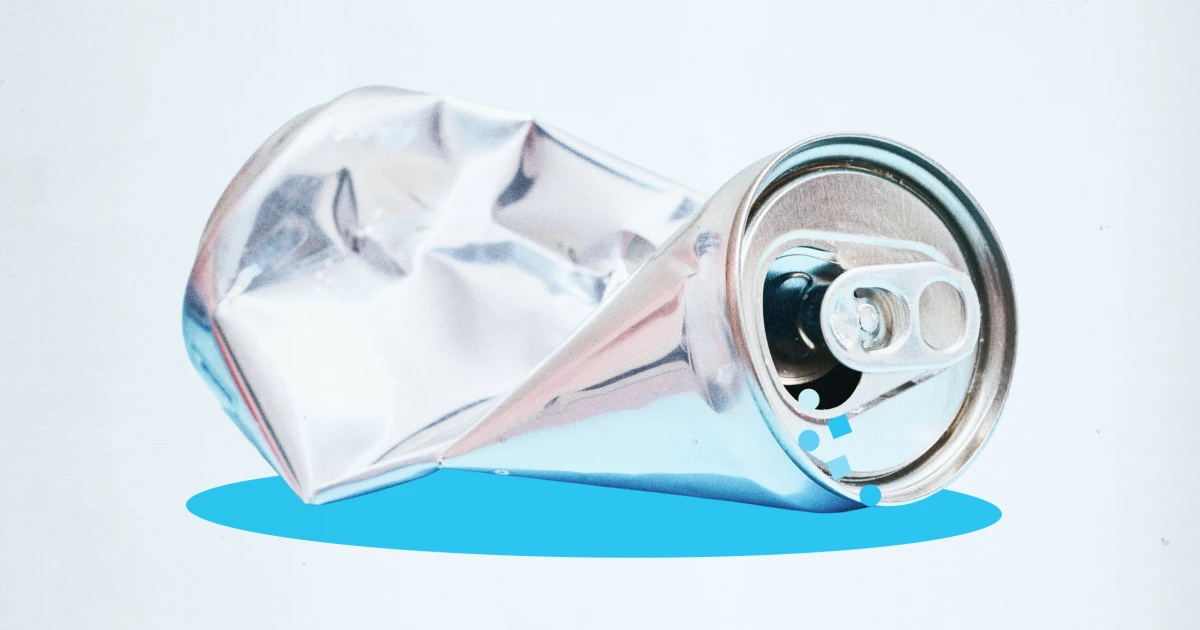Copyright TODAY

TODAY’s Never Have I Ever series offers guidance about procedures and practices our trusted health experts would never participate in. Discover why they should be avoided and which healthy practices you should turn to instead. Teeth are mighty and durable, but even they have their limits. While their outer layer is made of protective enamel, the hardest substance in the human body, per the Cleveland Clinic, your daily food and beverage choices can lead to decay and erosion. It’ll come as no surprise that soda is one of the drinks keeping dentists busy and in business. Certain soft drinks, however, do more damage than the rest, Dr. Matt Crystal, dentist and head of Mainstreet Dental, tells TODAY.com. Sodas with made with citric acid, he says, are among them. Never Have I Ever: Drank Soda With Citric Acid Crystal isn’t saying other sodas are safe; all of them can impact our teeth, he says. But some sodas are made with a high concentration of citric acid, a preservative meant to maintain freshness and prevent spoilage. That, combined with high levels of sugar in the soda, can leave teeth worse for wear. Citric acid chelates calcium, meaning it bonds to the calcium in our teeth. “So, on top of dissolving the teeth, it then actively pulls the calcium out of the teeth. So that’s why you see ‘Mountain Dew mouth,’” the phenomenon of eroded and discolored teeth common in regions of the United States where sodas like Mountain Dew are especially popular, Crystal explains. Sodas that aren’t made with citric acid tend to contain phosphoric acid, which is less damaging to the teeth, Crystal says. In addition to sodas, many fruit juices, jellies, cured meats, cereals, dressings and candies are made with sugar and citric acid. But the amount of sugar and citric acid in these items matters, and sodas made with citric acid tend to have more of both. Crystal admits he drank citric acid sodas, including Mountain Dew, as a kid, but nowadays, considering his profession and changing tastes, he no longer consumes them. Why? Citric acid itself is damaging to teeth, and the sugar in soda feeds the bacteria in our mouths, creating even more acid, which can cause even more tooth decay and erosion. About 2.5 billion people worldwide have tooth decay and cavities, according to the World Health Organization. It’s the most common noncommunicable disease. In a statement to TODAY.com, William Dermody, a spokesperson for American Beverage, the trade association that represents PepsiCo, which makes Mountain Dew, said: “America’s beverage companies continue to do their part to support families in their efforts to moderate sugar. This work includes creating more low- and zero-sugar options, offering smaller portion sizes, and providing clear nutrition information to help consumers make the choices that are right for them. Our innovations in the beverage aisle, including flavored waters and zero-sugar sports drinks, have led to a decrease in the sugar people get from beverages. Today, 60% of beverages Americans buy have zero sugar.” What to Do Instead If you still want to drink sodas with citric acid, there are some ways to minimize the damage it does to your teeth. (Sodas that contain citric acid will say so on the ingredients list.) Drinking it quickly will have less of an effect than sipping on it for an hour because it's in contact with the teeth for less time, Crystal says. "The same goes for all sugary and acidic foods and beverages," he adds. The best things you can do, however, are opt for drinks that won’t damage teeth as severely, and drink soda in moderation. If you like carbonated drinks, Crystal suggests sugar-free seltzer. “They are slightly acidic,” he explains, but the lack of sugar won’t contribute to additional acid, and they're less harmful than sodas, TODAY.com previously reported. Regular water is also better for teeth. If you’ve already noticed changes or damage to your teeth, Crystal recommends seeing a dentist. You might need fillings, crowns and additional dental work, he says. “There are some remineralization techniques and fluorides and things that can be done to help fix some of the early (eroded) areas.” A good oral hygiene routine, he adds, can ward off further damage.



